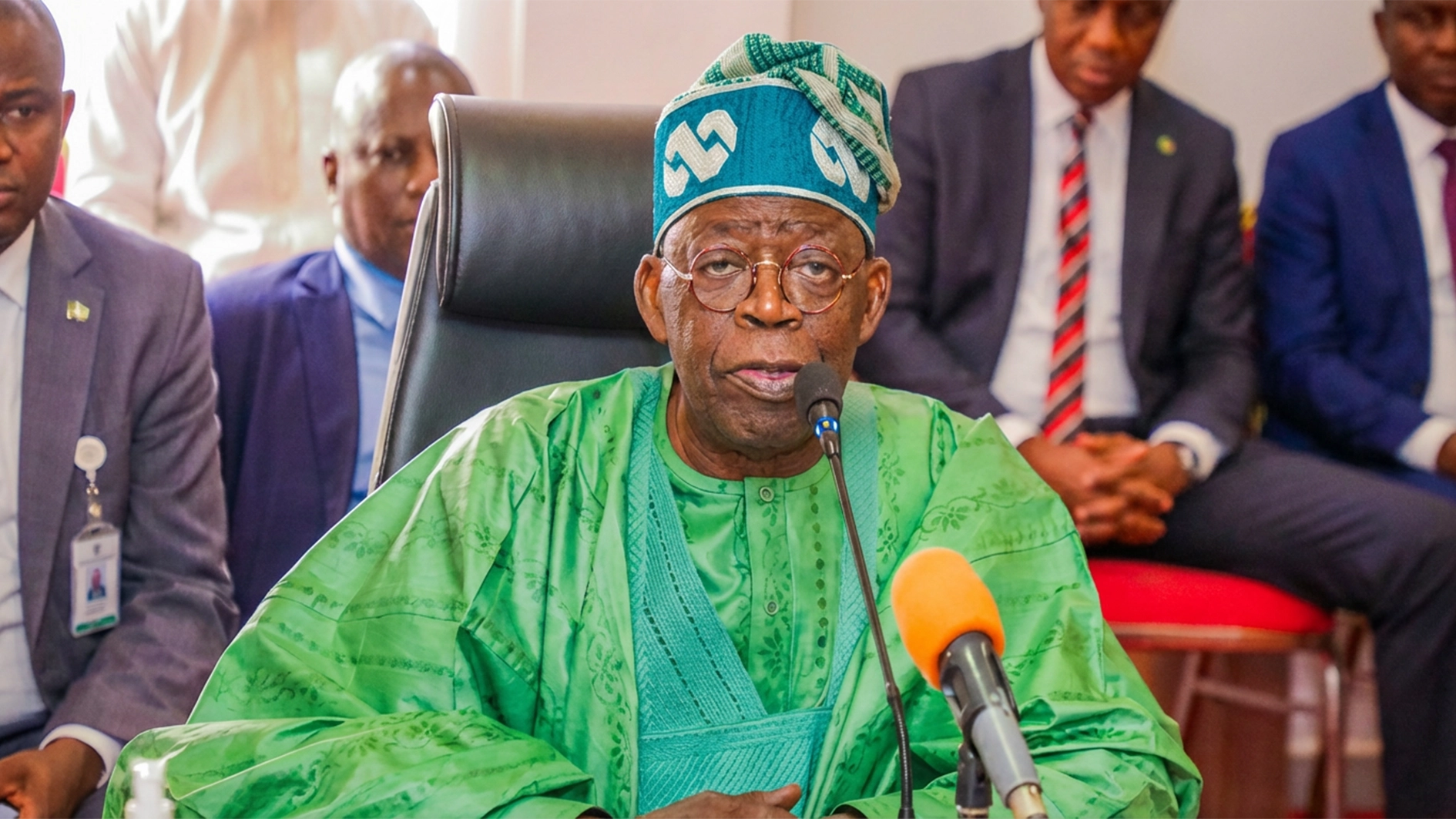 Small-scale mining has long been a source of controversy in Nigeria, with proponents arguing that it has the potential to drive economic growth in the country, while opponents decry the harm it can cause to local communities and the environment. The truth lies somewhere in between.
Small-scale mining has long been a source of controversy in Nigeria, with proponents arguing that it has the potential to drive economic growth in the country, while opponents decry the harm it can cause to local communities and the environment. The truth lies somewhere in between.
Small-scale mining, also known as artisanal mining, involves the use of simple tools and techniques to extract minerals from the earth. It is often carried out by individuals or small groups, with little oversight or regulation. In Nigeria, small-scale mining is primarily focused on gold, lead, and zinc, among other minerals.
The potential benefits of small-scale mining are clear. It can provide employment opportunities for local communities, especially in rural areas where other job opportunities are scarce. It can also contribute to the growth of the Nigerian economy by generating revenue from mineral exports.
However, the impact of small-scale mining on local communities and the environment cannot be ignored. The use of toxic chemicals such as mercury and cyanide in the extraction process can have serious health consequences for miners and nearby residents. In addition, small-scale mining can lead to deforestation, soil erosion, and water pollution, which can harm local ecosystems and wildlife.
Despite these challenges, there are ways to mitigate the harm caused by small-scale mining and maximize its potential benefits. For example, providing training and education for miners on safe and sustainable mining practices can help reduce the use of harmful chemicals and minimize environmental damage. Strengthening regulation and oversight of the industry can also ensure that mining operations are conducted in a responsible manner.
Furthermore, small-scale mining can be an important source of revenue for local governments, which can then use the funds to invest in infrastructure and social services for their communities. By working together with local communities, government agencies, and mining companies, small-scale mining can be managed in a way that balances economic growth with environmental and social responsibility.
In conclusion, small-scale mining has the potential to drive economic growth in Nigeria, but it must be managed in a responsible and sustainable manner. The harm caused by small-scale mining to local communities and the environment cannot be ignored, but with proper regulation and oversight, the benefits of small-scale mining can be maximized while minimizing its negative impact.
Boboye is of Valiant Mines Nigeria Limited, Ilesa, Osun State.






